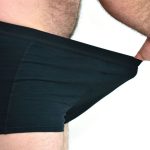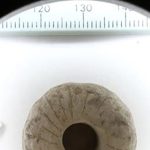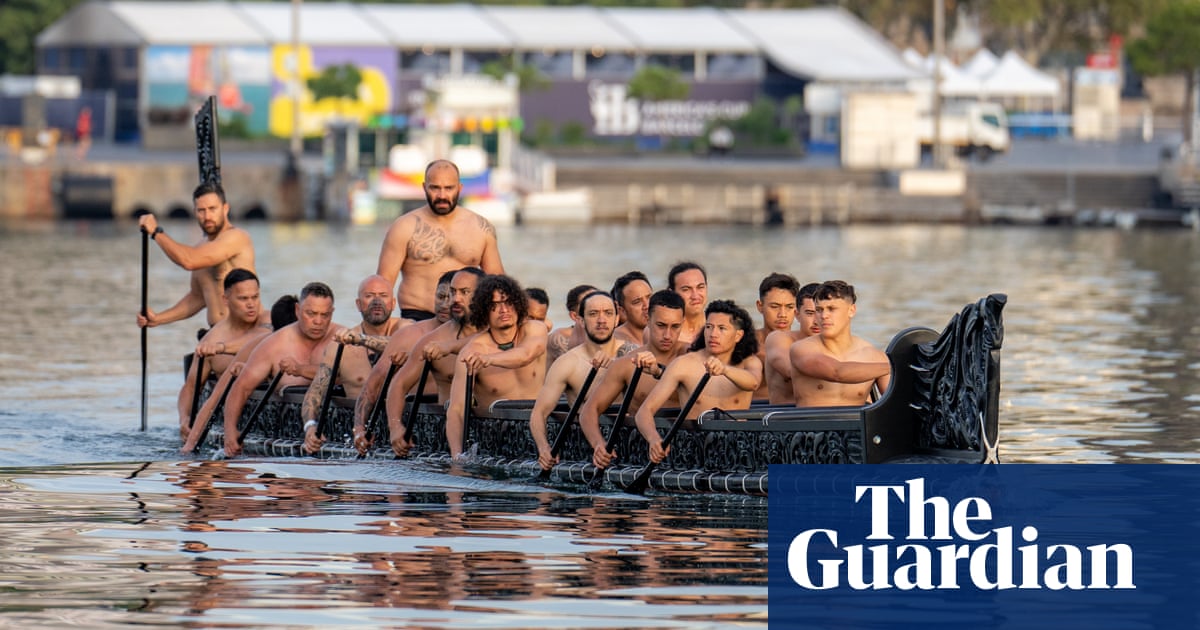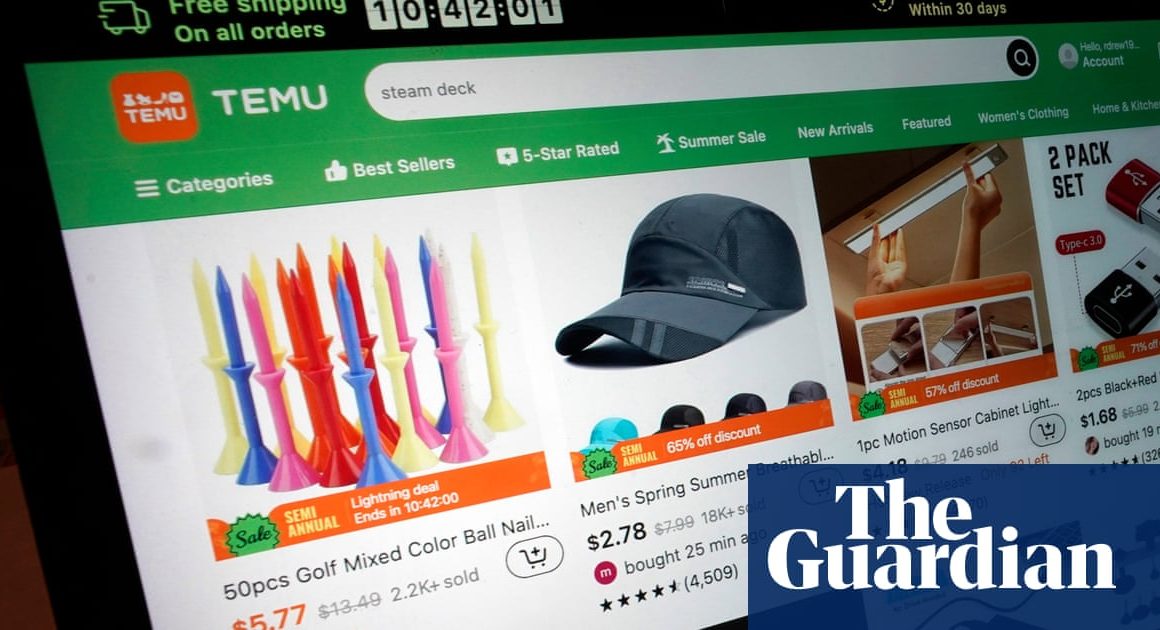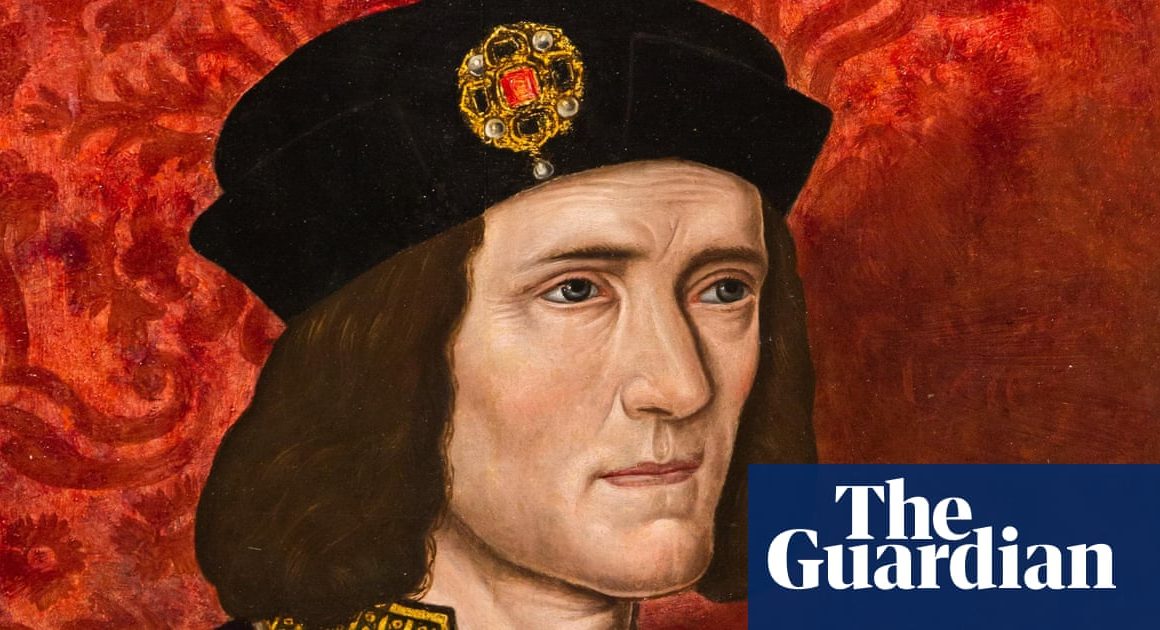As New Zealand goes head to head with Great Britain in its defence of the America’s Cup, the Kiwis have a secret weapon, a Māori waka (canoe) that will lead them into the contest.
The race began on 12 October and is due to end a week later. Each race day, the waka will lead Team New Zealand out of Barcelona harbour as a “Māori guard of honour”, says Graham Tipene, coordinator of the waka that is crewed almost entirely by members of the Ngāti Whātua Ōrākei iwi (tribe).
There will also be a haka performed on the water and some of the crew will go in with the team to perform karakia (prayers and incantations) before they go out to race.
“What differentiates us from the other teams … is our deep connection to the ocean and the land and our guardianship of it,” Tipene says.
It was Grant Dalton, the doyen of New Zealand sailing and chief executive of Emirates Team New Zealand (ETNZ), who invited the Māori crew to join them in Barcelona.
“We feel extremely proud to have Ngāti Whātua Ōrākei and their waka here in Barcelona,” Dalton says. “We are a New Zealand team that represents our country, our culture and our innovation with great pride on the world stage, and for us the stage is not any bigger than the America’s Cup.
“The inclusion of the waka at this year’s America’s Cup is a testament to our deep respect for Aotearoa’s roots.”
The waka is carved from the trunk of a kauri tree. It is named Te Kawau after a type of cormorant known for its perseverance and was made by a master carver in Whangarei in New Zealand’s North Island.
It’s the first time the tribe has had a waka in 25 years and, as Tipene says, “having a waka means having a presence on the ocean, it means we can maintain the value systems we speak about all the time. You can’t just paddle a waka and not do everything that comes with it.”
It comes amid rising tensions within New Zealand over what experts say is a push to roll back Māori rights.
Various New Zealand governments had introduced policies and programs designed to redress the imbalance that sees Māori people over-represented in negative social metrics. However, the conservative coalition led by Christopher Luxon elected last year, has begun to change and review a series of policies that provide for Māori, arguing that services should be offered on the basis of need, not race.
It has scrapped the Māori Health Authority and changed the use of Māori language in government departments. There is also a review of the Treaty of Waitangi, the country’s founding document, which was signed in 1840 by Māori chiefs and the crown, and upholds Māori rights.
“Some people were feeling pushed aside because Māori people were getting equal – not preferential – treatment,” Tipene says.
Yet the culture and the language are thriving and the number of people who identify as Māori continues to grow, Tipene says, in what he sees as “the absolute antithesis of what was happening in the seventies and eighties”.
“What we’re doing here in Barcelona is part of curbing what the New Zealand government is trying to do and part of the nationhood we should be striving for,” Tipene says.
“We’re here to celebrate Māori culture, to show the people of Spain and the world who we are and the beauty of who we are.”
Meanwhile, there’s a race to be won. Tipene says that in the run-off between the Italian and British boats, he was rooting for the Brits for the chance to face off with the old colonial power.
“I really wanted them to win so now it’s up to our team to give their best and remind them that we’re a powerhouse too,” he says.
“It’s going to be beautiful.”


